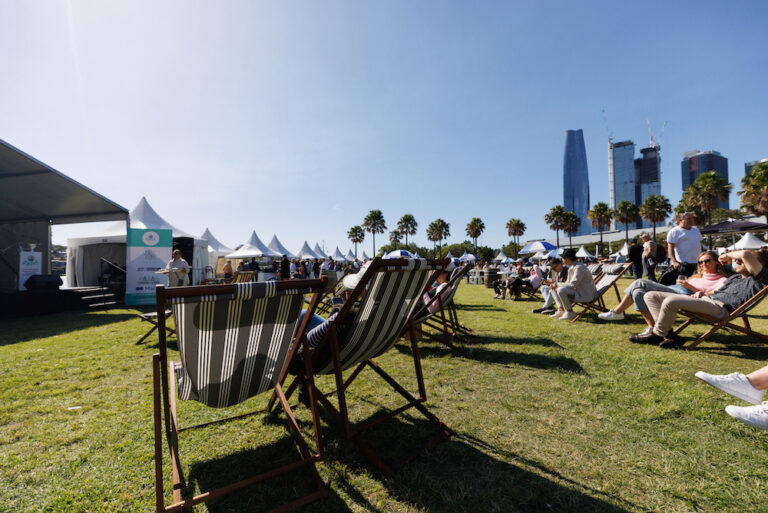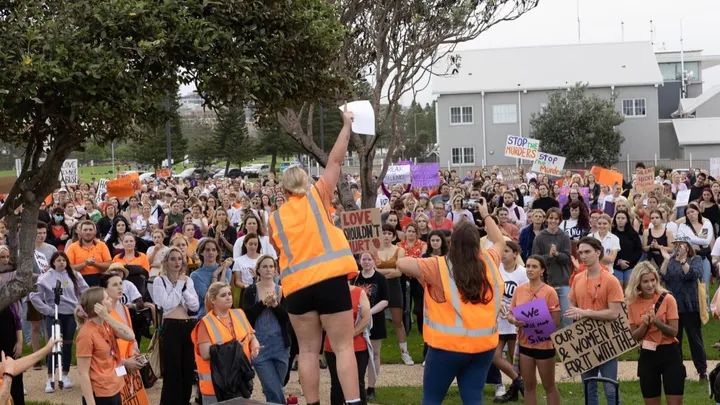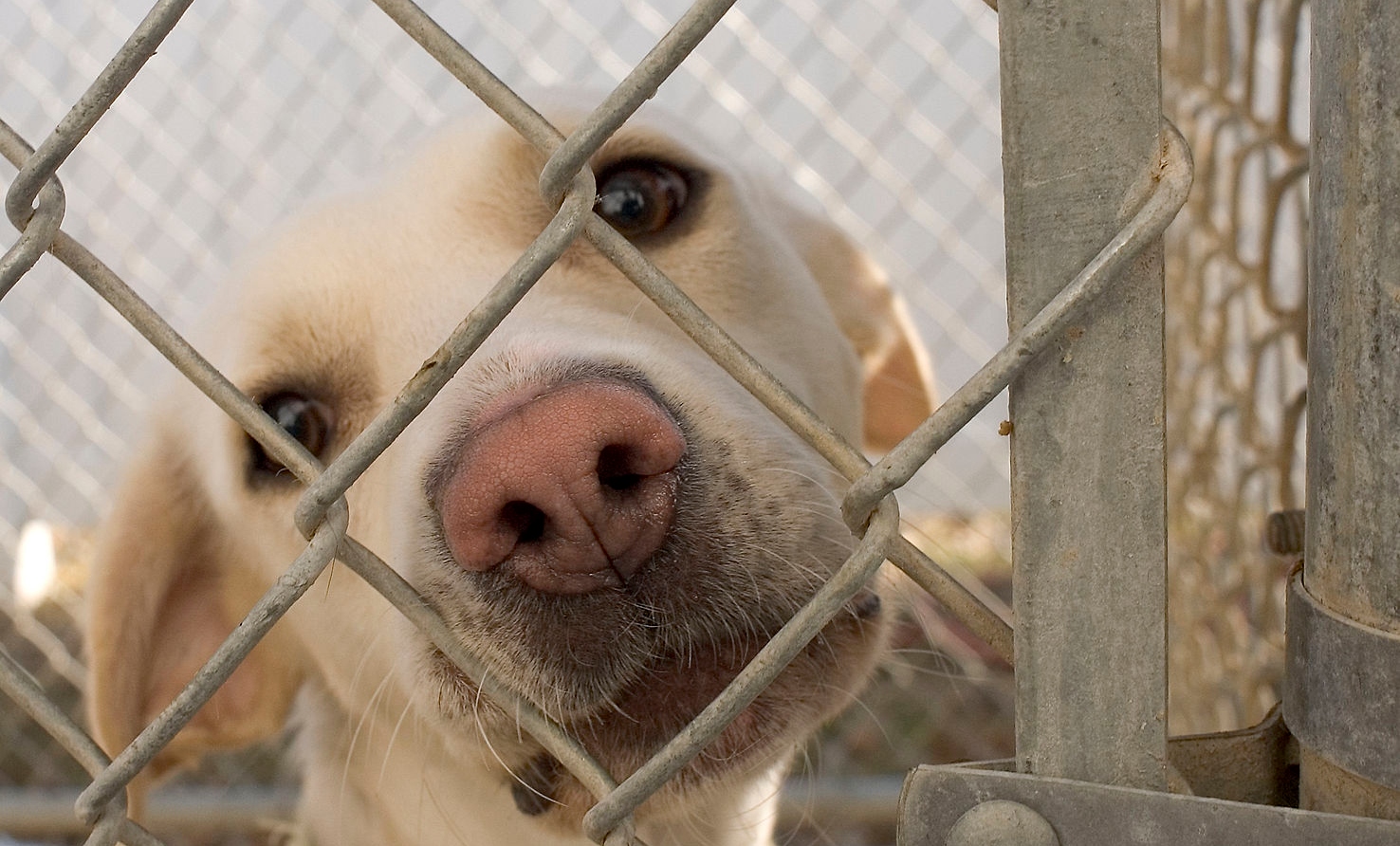
Australia’s foreign aid – Budgeting for a moral deficit?
The new asylum seeker policy has received a torrent of bad press and public condemnation, raising several eyebrows and a number of humanitarian concerns. One of the most publicised of these being the cuts to and allocation of Australia’s foreign aid budget.
The issue of foreign aid is one that tends to divide a crowd. There are those that applaud the idea, while others are bamboozled by the whole concept, critical of sending money out of the country when there are Australian’s suffering at home.
Labor have been heavily criticised for their recently announced plan to cut foreign aid by up to $879 million over the next four year. The aid budget is reportedly not only being cut, but also becoming intensely disproportionate, with half the funds being allocated to Papua New Guinea in return for the new tougher asylum seeker policy. This is a massive turnaround for a government that had campaigned in 2007 on the promise of responsible international citizenship.
The United Nations’ ideal target for foreign aid from developed countries is 0.7% of their GNI. Only 5 countries are currently upholding this and Australia is not one of them, falling quite short of the mark at 0.36% and below the international average of 0.43%. It should be noted however that last year Australia increased its development aid by 9.1%, this was the same year that global aid fell by 4% in real terms. The Greens are campaigning on continuing this altruistic trend. Their argument is very simple; because Australia is a wealthy nation we have an international obligation to encourage positive social, economic and environmental progress in the developing world. They are campaigning to meet the UN’s recommended 0.7% and establish AusAID as an independent department with their own cabinet-level minister, separate from DFAT.
Regardless of which party wins on September 7, this looks like it’s going to be a pipe dream. Labor has cut foreign aid by 14% since Rudd was first elected in 2007. AusAID is also currently facing cuts of $236 million. The Liberal plan on foreign aid is even less hopeful, in that it doesn’t seem to exist. Abbott is demanding more details on Labor’s ‘foreign aid’ arrangements with Papua New Guinea. His main argument being that Australian aid should not become a ‘free gift’ to foreign countries. It seems isolationism is making a comeback before September.
At the end of the day it just depends which part of the argument speaks to you most. The left will gravitate towards the Green’s demands to meet the UN’s recommended dose of foreign aid. The undecided may have no qualms with Labor’s cuts and grossly imbalanced donation of foreign aid. The Right will undoubtedly side with the Coalition’s plan to ask some of the poorest, most dissolute people in the world to give us something back for not even 0.4% of our gross national income. It’s really enough to make anyone belt out the national anthem.










